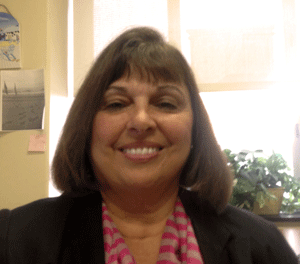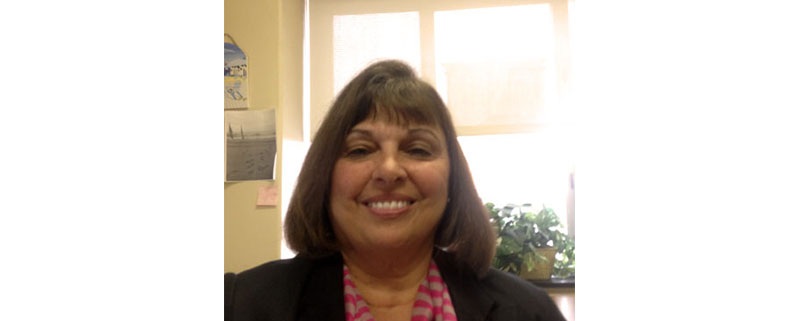Guest Post: Study Reports Nurse Navigators Make a Difference

Guest Post by Carole McCue, RN, MS, CNE
As a cancer survivor and nurse educator, I am always interested in how we can advocate for the care of cancer patients and recommend policy changes. Recently, I had the occasion to experience the impact a nurse navigator can have in assisting patients.
Patient navigation is a program designed to provide patients with a map or guide to prevent them from getting lost in a fragmented, complicated healthcare system. In 1990, Dr. Harold Freeman created the program to offer culturally sensitive disease management and care coordination to remove barriers to timely evaluation and treatment. Current patient navigator programs have expanded to promote care coordination and efforts to optimize patient-reported outcomes.
E.H. Wagner and colleagues conducted a study to determine if a nurse navigator intervention would improve the quality of life and patient experience for patients recently diagnosed with breast, rectal, or lung cancer. The nurse navigators received training in empathetic listening skills and behavioral strategies to assess and address patient distress. In addition, each nurse navigator received weekly support via a conference call with a clinical psychologist, oncology nurse specialist, and medical oncologist to discuss new patients, how to reach patients, and patients with complex psychological, clinical, or social issues.
During the nurse-initiated weekly telephone calls, established tools/instruments were used to identify problems and monitor progress. For patients in distress, the nurse assessed the source and collaborated with the patient to develop goals and an action plan. Three major challenges were identified by participants:
- Delays in care and lack of coordination of care
- Lack of relevant information
- Inadequate attention to emotional and social problems
The study found that the interventions significantly improved the patient experience with their cancer care and reduced the prevalence of problems in care. The nurse navigator patients reported that they felt more involved in their care, more informed as to how cancer affects their life, and better prepared for the future. Fewer nurse navigator patients reported problems in care, especially with health information, care coordination, and psychosocial care.
The differences in the patient experiences were evident at four months and again at 12 months. The benefits of this trial suggest that a nurse navigator program can help reduce the feeling of being “lost” by providing comfort, education, and patient empowerment.
What has been the experience of our colleagues? Have you received positive patient feedback regarding nurse navigation care? In our current healthcare system, the role of a nurse navigator, or other professional patient navigators, should be considered and evaluated as a strategy to support cancer patients in their journey. Reimbursement for such program should be provided and evaluation of outcomes of care studied. This study provides an opportunity to support policy changes that reflect the implementation of evidence based practice.
About Carole McCue, RN, MS, CNE: Carole holds a full time faculty position at an Associate Degree RN program outside NYC. Ms. McCue has over forty years of nursing experience in various positions and has achieved national certification in her areas of specialty: Intensive care Nursing (CCRN), Performance Improvement (CPHQ) and Nursing Education (CNE).Carole has authored publications and presented her work at national conferences around the country. As a Chief Nursing Officer of an acute care facility, this RN was responsible for the management of all aspects of nursing services. While working in Staff Development, Carole started a support group for cancer patients as she recognized the need for education for both cancer patients and their families. Four years ago, Carole faced the biggest challenge of her life with a diagnosis of cancer. She has become an advocate for cancer patients by actively participating in an online Oncology nursing blog and striving for policy changes that will enhance the care of cancer patients. The views & opinions expressed in any guest post featured on our site are those of the guest author and do not necessarily reflect the opinions & views of the National Coalition for Cancer Survivorship. Read our blog and comment policies here.




